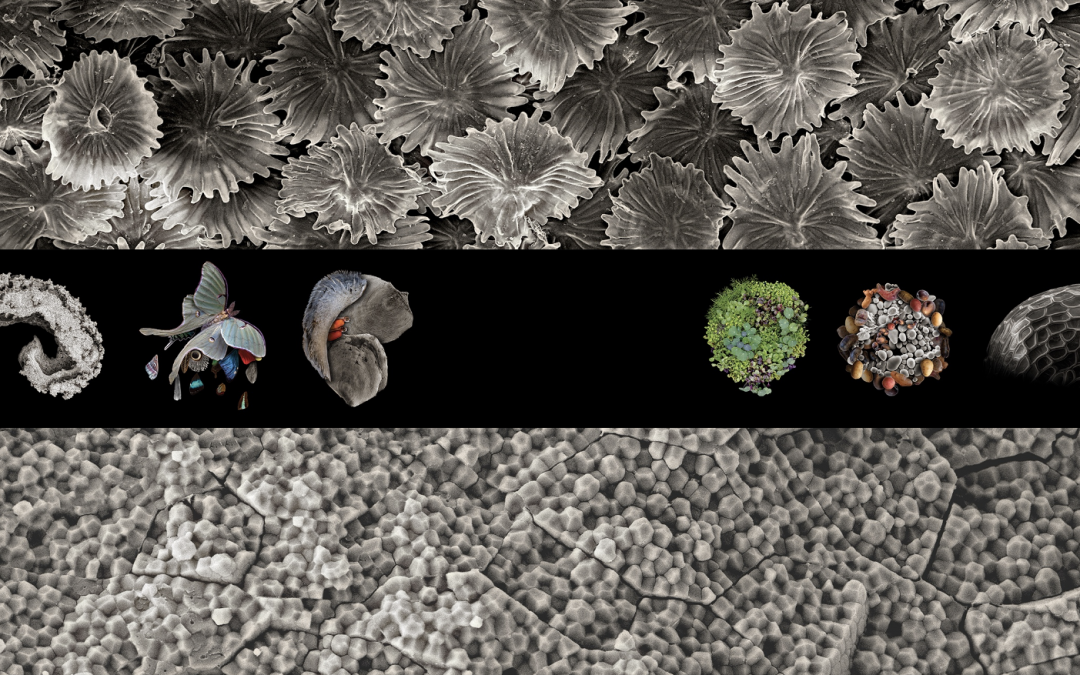
by radiocafe | Oct 14, 2024 | Arts & films, Books, Down to Earth, Environment, Food & agriculture
Artist and science educator Robert Dash creates art from micro- and macroscopic photographs of food crops. His new book explores both the science of our food system and the role of art in finding a more healthy and loving way forward.
Learn more …
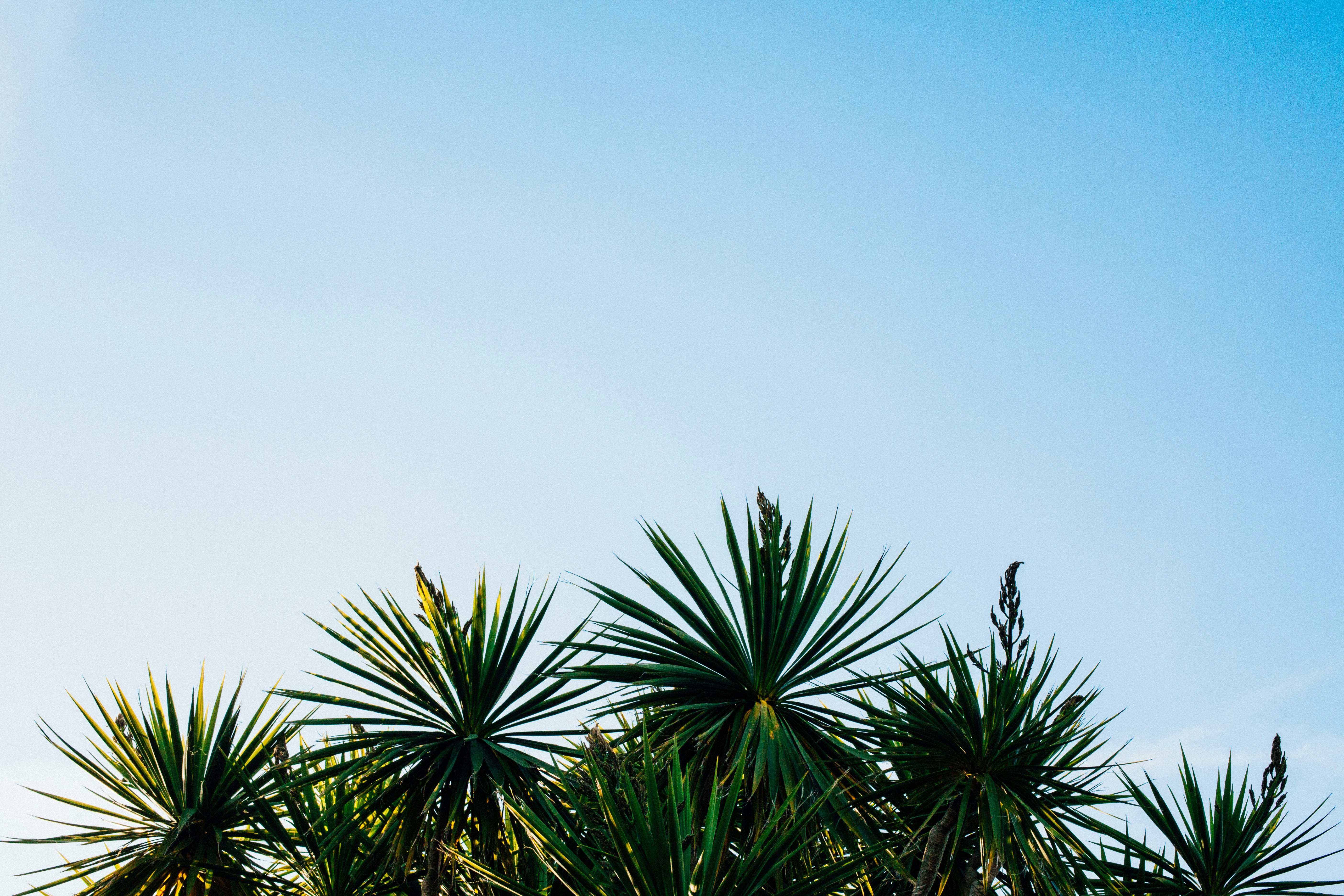
by radiocafe | Sep 17, 2024 | Activism, Books, Down to Earth, Environment, Food & agriculture, Native & indigenous, Science & health
André Leu knows what it takes to pull massive amounts of carbon out of the atmosphere and put it into the soil–permanently. We talk about his new book, The Regenerative Agriculture Solution.
Learn more …
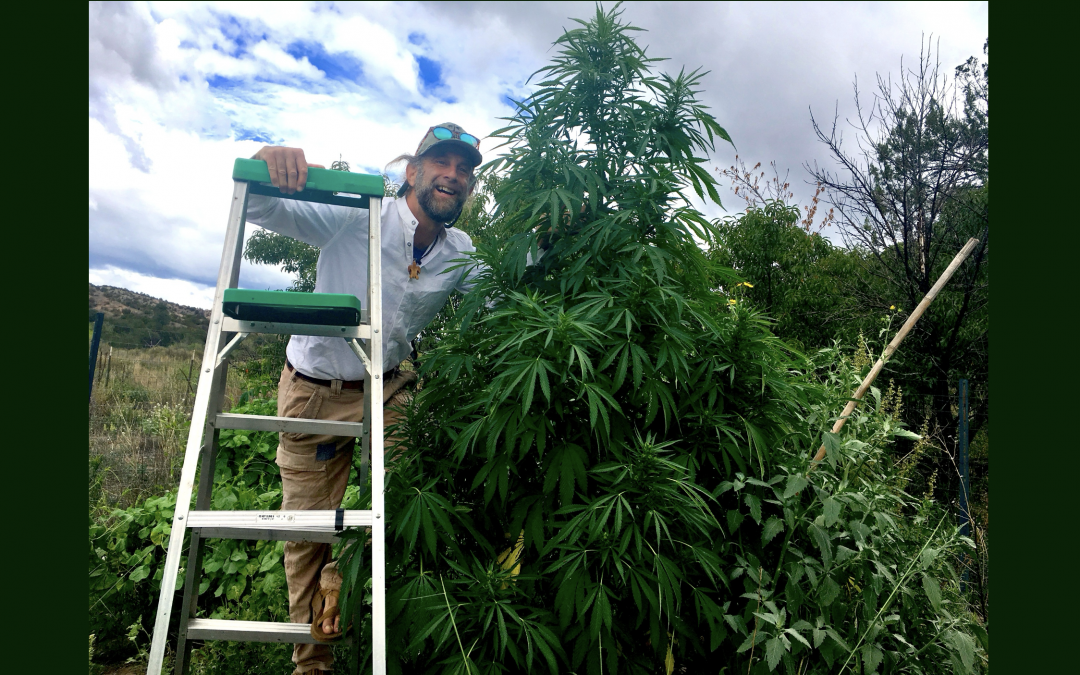
by radiocafe | Jul 7, 2024 | Arts & films, Books, Down to Earth, Environment, Food & agriculture, New Mexico
Journalist-filmmaker-farmer-comedian Doug Fine left the New York suburbs to settle in New Mexico, where he cultivates hemp as well as goats, chickens, and produce. He’s an advocate for regenerative farming and rural living.
Learn more …
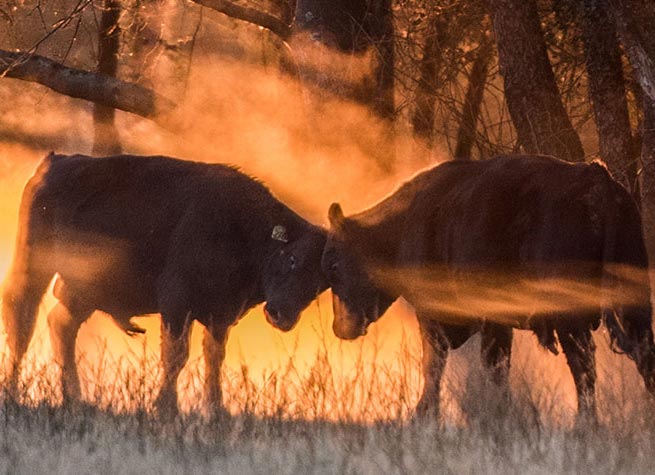
by radiocafe | Apr 2, 2024 | Books, Down to Earth, Environment, Food & agriculture
In his new book Will Harris describes the moment when he saw that his industrial ranch was cruel to animals and bad for the land. And before he’d ever heard the phrase “regenerative grazing” he started doing it. The rest is history.
Learn more …

by radiocafe | Mar 19, 2024 | Books, Down to Earth, Environment, Food & agriculture
Iowan Austin Frerick saw his home state transform from a world of farms to one of toxic factory food and hollowed out rural communities. Yet he offers optimism and real solutions.
Learn more …
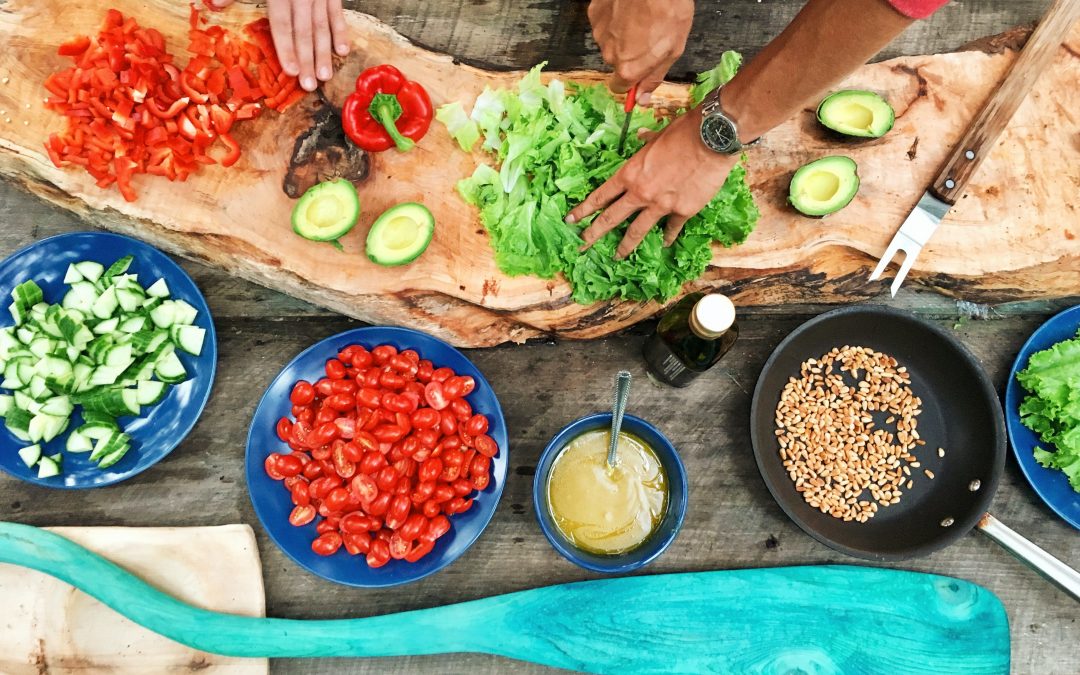
by radiocafe | Jan 23, 2024 | Activism, Books, Down to Earth, Environment, Food & agriculture, Politics
Katherine Miller talks about the power that chefs, with celebrity and visibility in their communities, can bring to everything from sourcing healthy food to passing legislation.
Learn more …
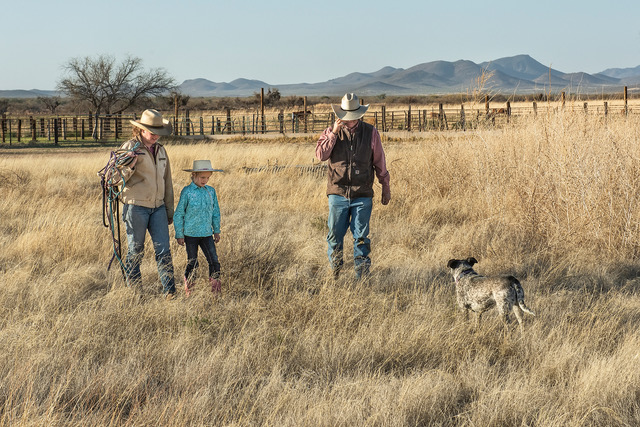
by radiocafe | Dec 12, 2023 | Arts & films, Books, Down to Earth, Food & agriculture
Sally Thomson‘s gorgeous new book of photographs and texts, Homeground, is all about Southwestern grasslands and their flora, fauna, and the human stewards who work and care for the land.
Learn more …
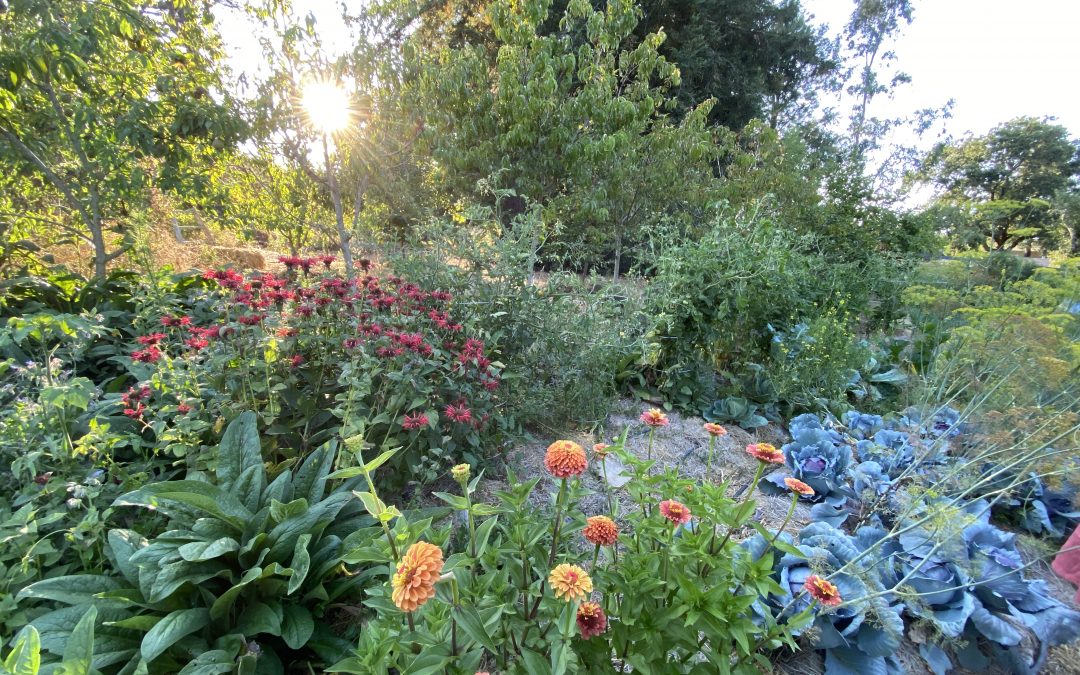
by radiocafe | Nov 14, 2023 | Books, Down to Earth, Environment, Food & agriculture
Erik Ohlsen, author of The Regenerative Landscaper, is helping people, municipalities, companies, and farms create thriving landscapes at every scale––and cultivate native plants, wildlife, and food.
Learn more …
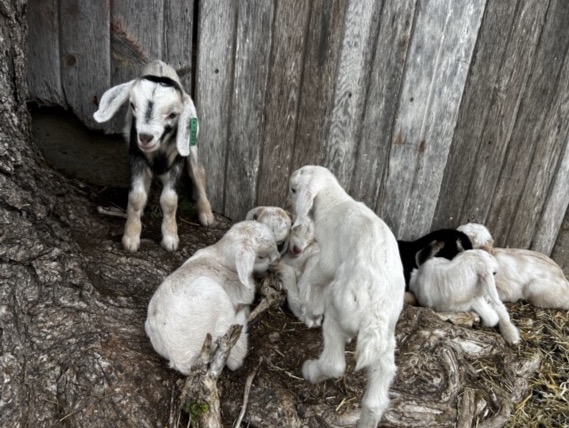
by radiocafe | Jun 4, 2023 | Books, Down to Earth, Environment, Food & agriculture
Beth Hoffman was a college professor and agriculture journalist for years before she and her husband moved his family’s farm in Iowa. Her new book, Bet the Farm, is all about the joys, challenges, and economic realities of farming in the US today.
Learn more …
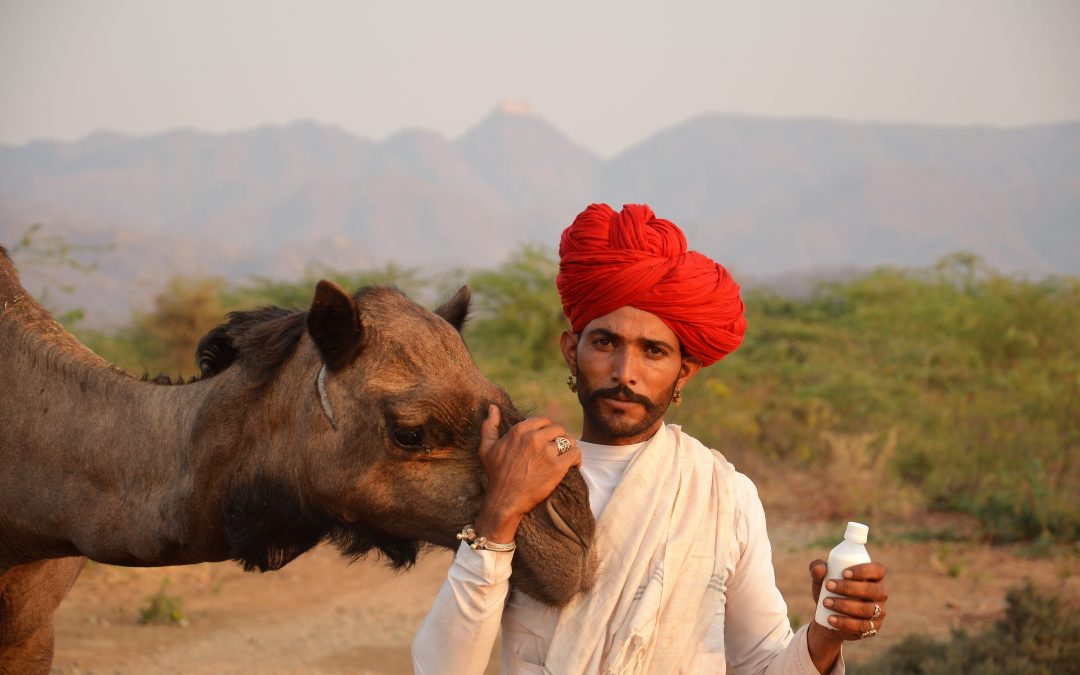
by radiocafe | Apr 25, 2023 | Books, Down to Earth, Environment, Food & agriculture, Native & indigenous
Traditional pastoral cultures have been living in harmony with animals and land for millennia––and they persist to this day, though with serious challenges. Ilse Köhler-Rollefson‘s new book shines a light on what they can teach us.
Learn more …










